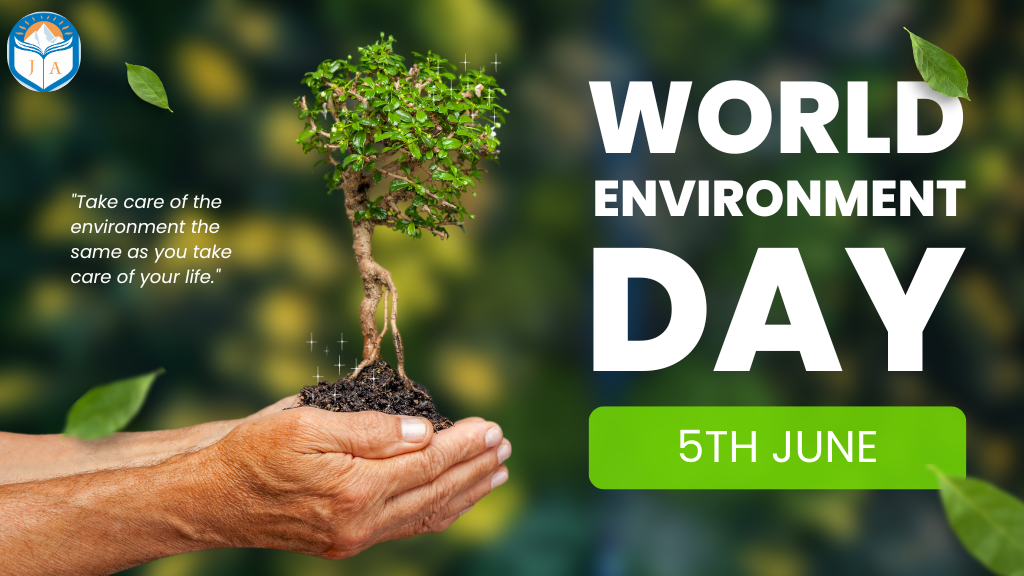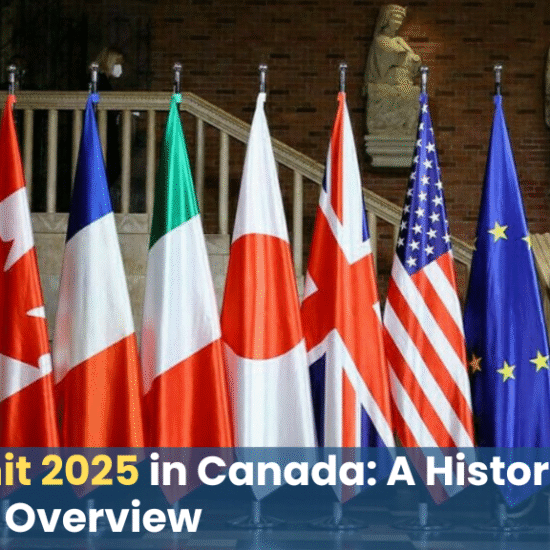World Environment Day 2025: Date, Theme, Significance, Celebrations — All You Need to Know
Introduction

World Environment Day, celebrated every year on June 5, stands as the United Nations’ principal platform for encouraging global awareness and action to protect our environment. In 2025, the event falls on a Thursday, with the Republic of Korea playing host under the banner of the powerful theme #BeatPlasticPollution.
As environmental concerns intensify worldwide, this annual observance becomes more than symbolic—it is a call to action for individuals, governments, industries, and civil society to rethink our relationship with nature.
Date and Host Country
- Date: Thursday, June 5, 2025
- Host Nation: Republic of Korea
- Global Theme: #BeatPlasticPollution
The focus this year is on raising awareness about the harmful effects of plastic pollution and inspiring solutions rooted in sustainable practices, innovation, and global cooperation.
The 2025 Theme: #BeatPlasticPollution
Plastic pollution is one of the planet’s most urgent environmental crises. From clogging city drains to contaminating oceans and wildlife, plastics pose a significant threat to both ecosystems and human health.
The 2025 theme — #BeatPlasticPollution — builds on the progress made since the 2022 global commitment to form an international treaty aimed at ending plastic pollution. It urges everyone to:
- Refuse single-use plastics
- Reduce overall plastic consumption
- Reuse alternatives
- Recycle properly
- Rethink current practices and policies
This theme promotes innovation and encourages global citizens to embrace sustainable lifestyles.
History of World Environment Day
- 1972: The United Nations General Assembly designated June 5 as World Environment Day at the Stockholm Conference on the Human Environment, the first major international meeting focused on environmental issues.
- 1973: The first World Environment Day was celebrated with the theme “Only One Earth.”
- Today: WED has grown into one of the largest global movements for environmental action, engaging millions across over 150 countries.
The event honours the right to live in a clean, healthy, and sustainable environment.
Objectives of World Environment Day
World Environment Day aims to:
- Educate the public on critical environmental issues.
- Mobilize action from individuals, organizations, and governments.
- Promote eco-friendly habits and technologies.
- Highlight pressing challenges like climate change, deforestation, and biodiversity loss.
- Foster global partnerships to solve environmental problems collectively.
- Influence policy-making and advocate for green legislation.
- Celebrate environmental successes at all levels.
- Involve youth and communities to build long-term environmental stewardship.
Importance of World Environment Day
- Global Awareness: Spotlights major issues like pollution, global warming, and habitat destruction.
- Action and Advocacy: Drives tangible actions like tree planting, clean-up drives, and green tech adoption.
- Policy Impact: Encourages governments to craft stronger environmental laws and frameworks.
- Education: Teaches people of all ages about sustainability and personal responsibility.
- International Cooperation: Brings nations together to address cross-border environmental challenges.
- Innovation: Encourages creativity in solving environmental problems—from biodegradable packaging to circular economies.
- Community Empowerment: Motivates citizens and local groups to take charge of their environments.
Celebrations and Activities Around the World
Each year, World Environment Day is marked with:
- Public rallies and marches
- Educational seminars and workshops
- Beach and river clean-up campaigns
- Art competitions and exhibitions
- Tree plantation drives
- School and college awareness programs
- Digital campaigns and sustainability challenges
These activities foster a spirit of global unity and emphasize the urgent need for a sustainable future.
Conclusion
World Environment Day 2025 is more than a commemoration—it’s a movement. With #BeatPlasticPollution as the theme and the Republic of Korea leading the charge, this year’s event serves as a powerful reminder that real change starts with individual action and collective commitment.
From reducing plastic waste to championing policy reform, every action counts. As global citizens, it’s our shared responsibility to protect the Earth—not just for ourselves, but for future generations.



